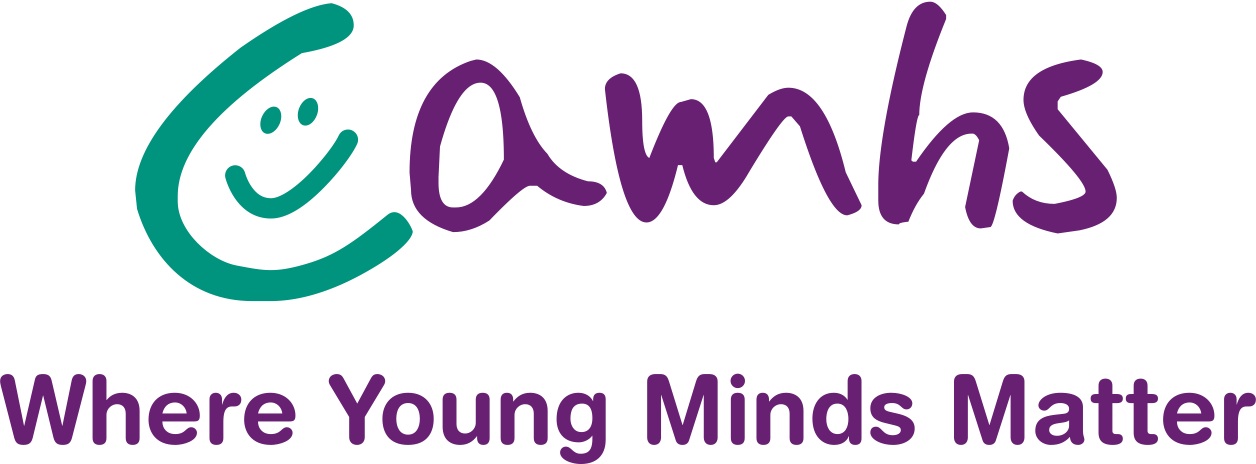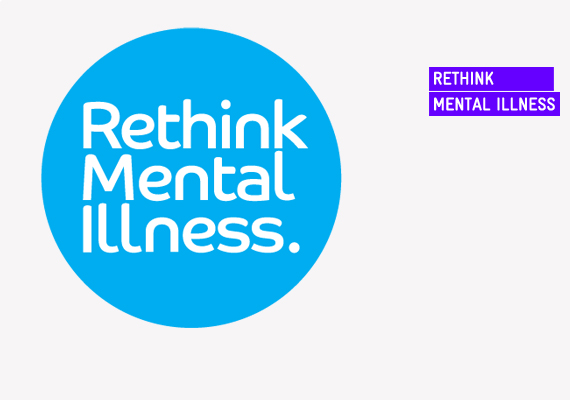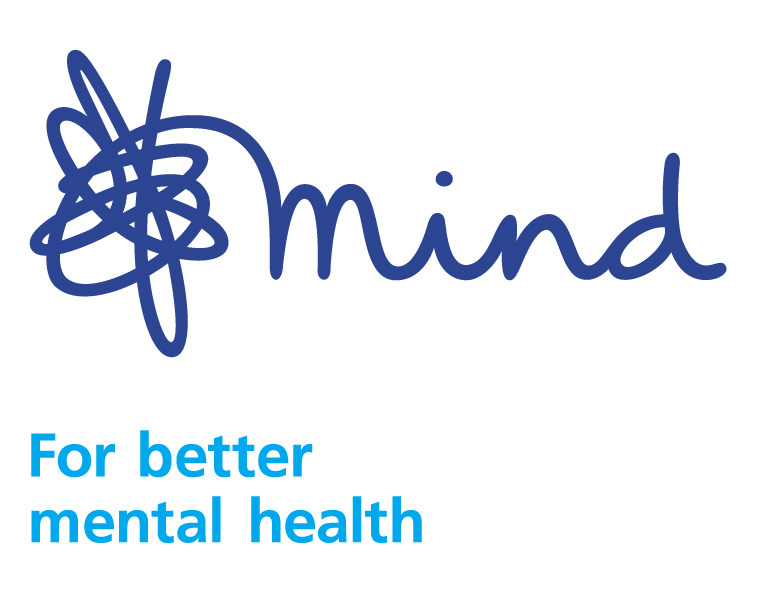Mental Health Factsheet
Completion requirements
What are mental health problems?
Mental health problems include a wide range of experiences: some problems may be quite mild or moderate, while others may take on a more severe form, affecting a person’s ability to cope with day-to-day living. You may have heard about some of the more common problems, such as depression, anxiety, self-harm, eating disorders, schizophrenia, psychosis, stress and bipolar disorder.
Some common early signs of a mental health problem are:
- Losing interest in activities and tasks that were previously enjoyed.
- Poor performance at work.
- Mood swings that are very extreme or fast and out of character for you.
- Self-harming behaviour, such as cutting yourself.
- Changes in eating habits and/or appetite: over-eating, bingeing, not eating.
- Loss of, or increase in, sexual desire.
- Sleep problems.
- Increased anxiety, looking or feeling ‘jumpy’ or agitated, sometimes including panic attacks.
- Feeling tired and lacking energy.
- Isolating yourself, socialising less; spending too much time in bed.
- Wanting to go out a lot more, needing very little sleep, feeling highly energetic, creative and sociable, making new friends rapidly, trusting strangers or spending excessively – this may signal that you are becoming 'high'.
- Hearing and seeing things that others don't.
- Other differences in perception; for example, mistakenly believing that someone is trying to harm you, is laughing at you, or trying to take over your body.
(Mind.org.uk)

|

|

|
Last modified: Thursday, 7 August 2014, 11:51 AM

